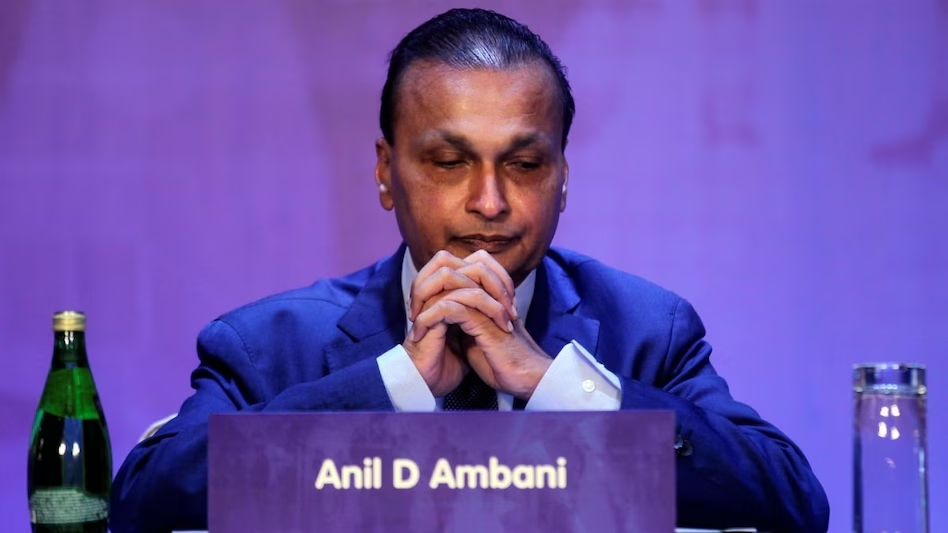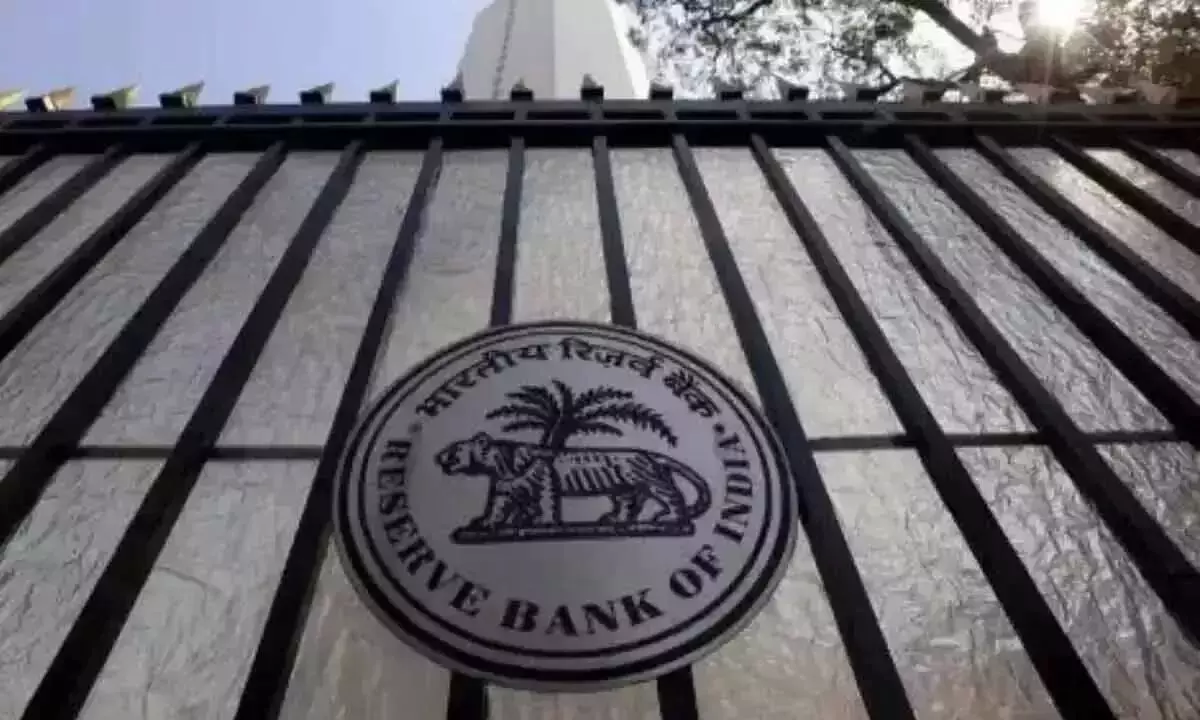
RBI tightens regulations on domestic money transfers
text_fieldsMumbai: In a move to enhance the oversight of domestic money transfers, the Reserve Bank of India (RBI) has announced stricter regulations for cash pay-in and pay-out services.
In a circular issued on Wednesday, the RBI stated that in the case of cash pay-out service, the remitting bank shall obtain and keep a record of the name and address of the beneficiary.
The circular also mentioned that in the case of cash pay-in service, the remitting banks or business correspondents shall register the remitter based on a verified cell phone number and a self-certified 'Officially Valid Document (OVD)' as per the Master Direction – Know Your Customer Direction 2016, as amended from time to time.
Every transaction by a remitter will also have to be validated by an Additional Factor of Authentication (AFA). "Remitting banks and their business correspondents shall conform to provisions of the Income Tax Act, 1961 and the rules/ regulations framed thereunder (as amended from time to time), pertaining to cash deposits," the circular states.
The remitter bank shall include remitter details as part of the IMPS/NEFT transaction message, it added. The transaction message will have to include an identifier to identify the fund transfer as a cash-based remittance.
The RBI also stated that the guidelines on card-to-card transfers are excluded from the purview of the DMT framework and shall be governed under the guidelines granted for such instruments.
The RBI explained that since the framework for Domestic Money Transfer (DMT) was introduced in 2011, there has been significant increase in the availability of banking outlets, developments in payment systems for funds transfers, and ease in fulfilling KYC requirements, etc. Now, users have multiple digital options for fund transfer.
The RBI said that the changes are being introduced following a review that was undertaken recently of various services facilitated in the current framework.
Source: IANS























